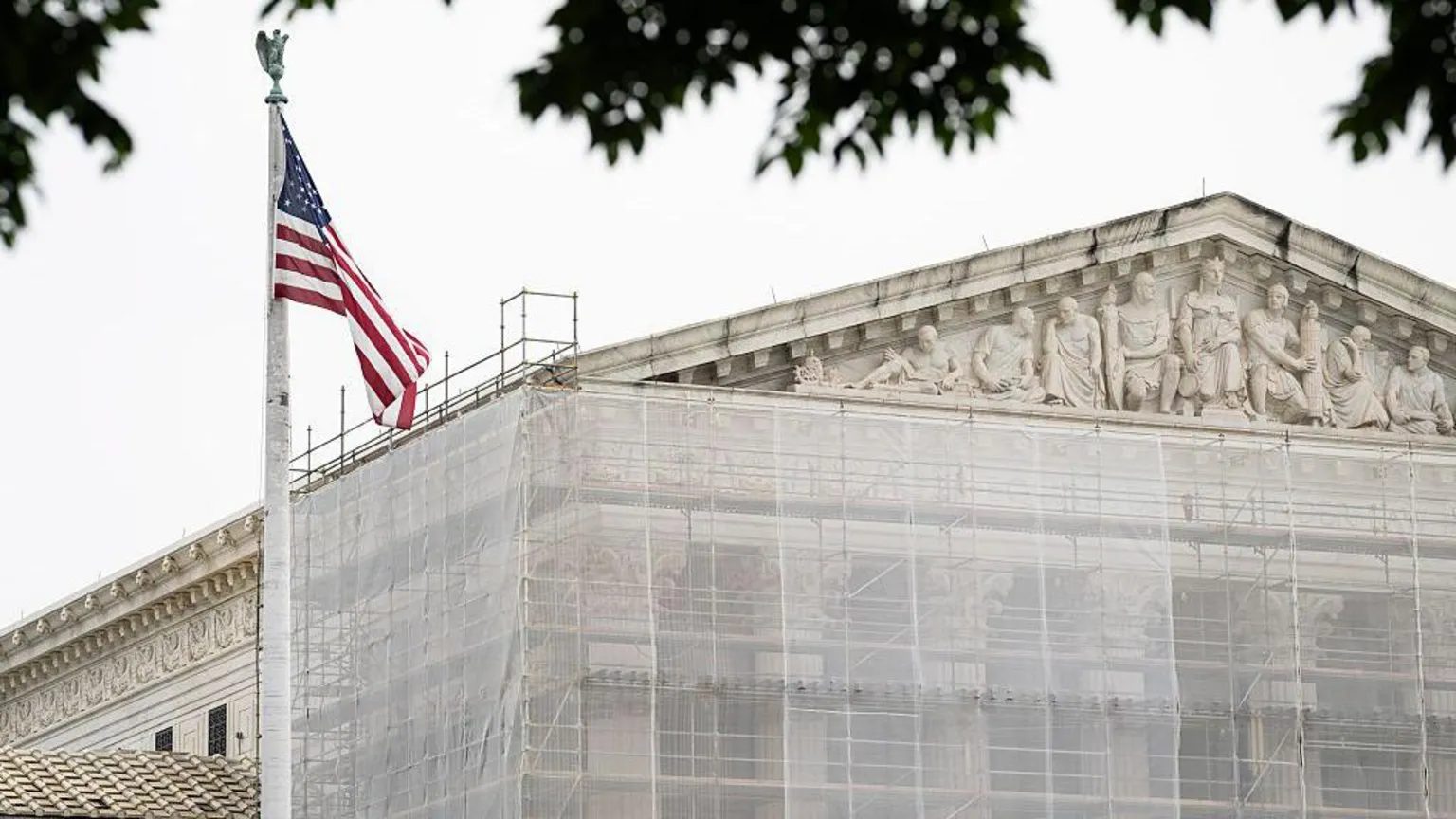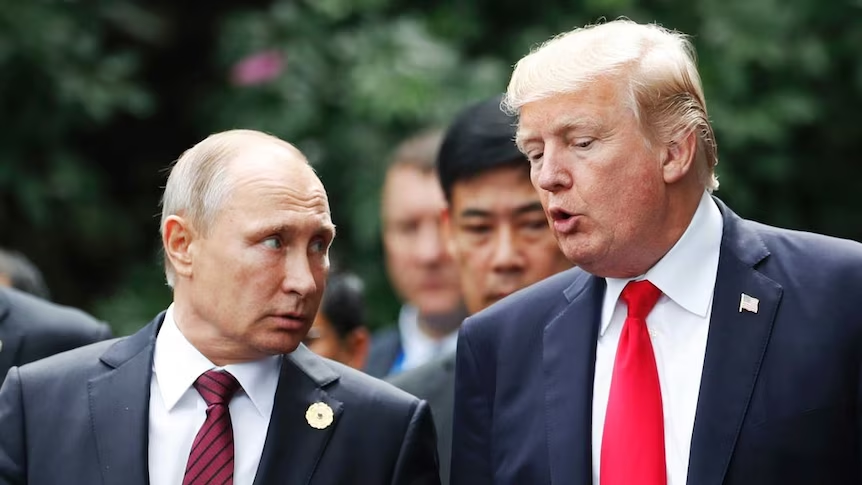Updated: September 4, 2025
Trump Appeals to US Supreme Court to Rule on Legality of Tariffs
Former President Donald Trump has taken his trade policy dispute to the nation’s highest court, asking the US Supreme Court to decide whether a president can impose broad tariffs without explicit congressional authorization.
Why this appeal matters
Trump’s tariffs — imposed on steel, aluminum and a wide range of goods as part of his trade agenda — have long sparked debate across legal, economic and diplomatic circles. The Supreme Court’s decision could clarify the constitutional boundary between presidential authority and Congress in trade policy, with far-reaching consequences for future administrations and global commerce.
Key issues at stake
- Presidential authority: Whether the executive branch can unilaterally impose tariffs using statutes like the Trade Expansion Act of 1962 or Section 301 of the Trade Act of 1974.
- Economic impact: Tariffs affect prices for consumers and costs for businesses — a ruling may influence manufacturing competitiveness and supply chains.
- International relations: Tariffs have already triggered trade tensions with countries including China, Canada and the EU.
- Legal precedent: A Supreme Court ruling would guide how future presidents and Congress approach trade remedies and national-security exceptions.
Reactions from lawmakers and experts
The appeal has drawn mixed reactions. Supporters praise the tariffs as necessary to protect domestic industry and national security. Critics argue they raised costs for households and small businesses and strained alliances. Legal scholars say the Court’s ruling could be one of the most important trade-related constitutional decisions in recent decades.
What happens next?
If the Supreme Court agrees to hear the case, the timeline will move through briefing and oral arguments before a final decision is issued. Whatever the outcome, the ruling will likely shape U.S. trade policy and the balance of powers for years to come.
Bottom line
Trump’s appeal to the Supreme Court over tariff authority is more than a legal maneuver — it is a potential turning point for U.S. trade policy, presidential power, and international economic relations. Businesses, policymakers and consumers alike will closely watch the Court for a decision that could set lasting precedent.





